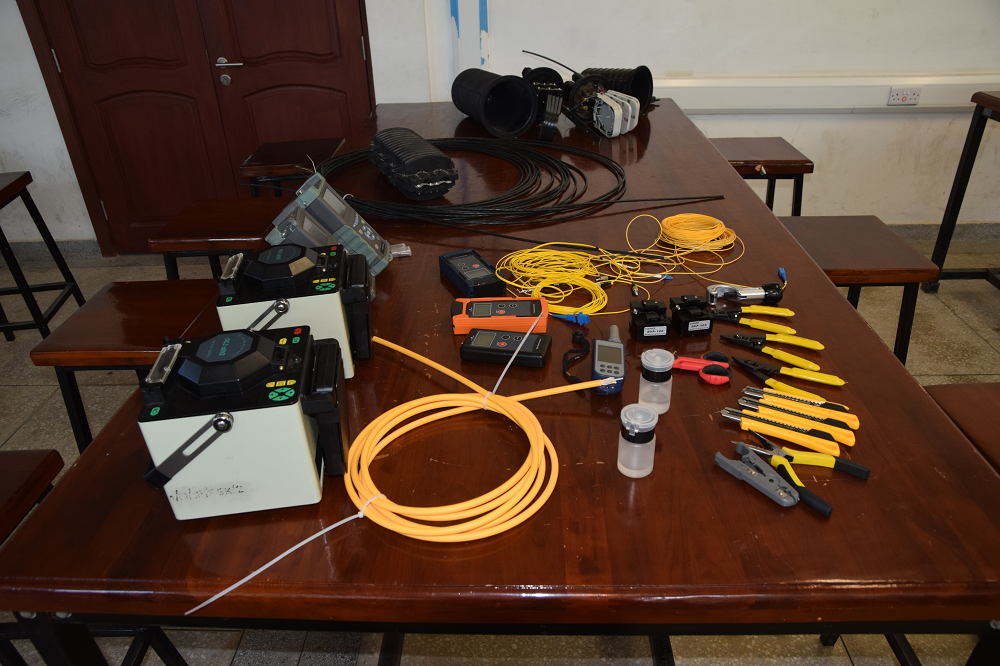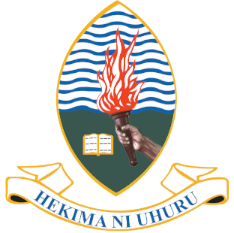
Certified Fiber Optic Technician
Description
Today’s digital world has been flooded with captivating technologies that significantly promote socio-economic development. The technologies have revolutionized traditional practices, and people can now share information instantly through communication networks. For instance, we can perform video conferencing, live events streaming (e.g., football), real-time chatting through social networks (e.g., WhatsApp, Instagram, and Facebook), and Internet protocol television. This wide range of applications requires high bandwidth to download or upload content-rich videos and images. Given the rapidly changing world, Fibre cables have been found to meet the current demands of the applications by providing high bandwidth, low signal attenuation, high data security, and outstanding immunity against electromagnetic interference.
In Tanzania, the initiatives to establish fibre cable communication infrastructure started in 2009. Currently, some institutions, companies, and organizations benefit from the high-speed Internet connectivity provided by the established fibre cable. But several other places of the country, especially the remote ones, have not been connected by the cable. Therefore, a need exists to train more technicians, scientists, and engineers to accelerate the government’s efforts of providing reliable and fast Internet to all Tanzanian regions. Our survey reveals that most technicians have not obtained formal training on fibre optic, and they perform their works (unprofessionally) based on experiences or Internet resources.
This training provides fundamentals of fibre optic, including knowledge and professional skills in the installation and maintenance of fibre cables. The training uses the KSAs delivery model, meaning that participants will be equipped with Knowledge and Skills and that the Abilities of participants will be evaluated prior to their admission into the program. Our strength builds on the well-equipped laboratories and qualified trainers with years of industrial experience. Therefore, we expect that you will gather the necessary tools and materials that can immediately be applied to advance your career.
Objectives
The primary objective of this training is to equip participants with practical knowledge and skills to undertake ICT projects. The training focuses on real industrial projects to ensure that participants generate outstanding results within the constrained project timeline.
Delivery Mode
|
The KSA (knowledge, skills, and ability) delivery methodology will be used to infiltrate learning materials to participants. In essence, the training is participatory and engages participants in hands-on laboratory activities. Based on the guidelines from the Fibre Optic Association, this training approach guarantees optimum transfer of knowledge and prepares well candidates to work in fibre optic industries. |
|
|
1. |
Fibre optic cable
|
|
2. |
Splicing
|
|
3. |
Termination
|
|
4. |
Industrial tour to leading telecommunication companies with fibre optic facilities
|
Learning outcomes
Upon successful completion of the training, participants are expected to gain professional knowledge and skills to perform the following tasks:
(1) Prepare fibre cables for installation, splicing, and termination;
(2) Install fibre cables.
(3) Perform mechanical splicing of fibre cables.
(4) Perform fusion splicing
(5) Install, inspect, and test connectors
(6) Work with industrial fibre optic systems in telecommunication companies
Topics
|
1. |
Fundamentals of fibre optic
|
|
2. |
Fibre-optic communication systems
|
|
3. |
Optical fibre
|
|
4. |
Fibre optic cables
|
|
5. |
Termination and splicing
|
|
6. |
Software level configurations
|
|
7. |
Testing and troubleshooting
|
|
8. |
Fibre optic network design
|
|
9. |
Fibre optic installation
|
Target Group
The fibre optic training targets the following groups: ICT professionals and practitioners, Telco employees at different levels, suppliers of equipment and handsets, suppliers of different telecoms solutions and hardware, including Value Added Services, staff from regulators (TCRA, TCAA, TIC, and NEMC, among others), policymakers (e.g., ministry staff), IT Managers, Telecommunication Engineers, Voice, Data and Video (VDV) and FTTx Technicians.
Course Materials
Each registered participant will receive a copy of the instructors’ slides and other materials.
Certificate of Attendance
CFOT certification will be offered to candidates that pass the FOA examination. Furthermore, all participants will receive certificates of attendance from the University of Dar es Salaam.
Assessment
(1) Lab assignments, exercises, and focused-group discussions
(2) FOA examination
Fee
(1) Full training package: TZS 2,800,000 per person.
(2) Covers training cost, training materials, facilitation (venue, refreshments, breakfast, and lunch),
and certification
Payment
All payments should be made centrally through Control Numbers provided by the University of Dar es Salaam. After registration, a Control Number and invoice will be emailed to you using information you have provided in the registration system.
